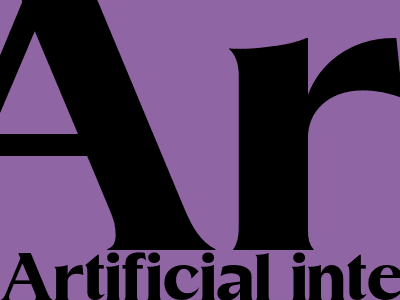
Google and AI: A History of Innovation
Collaboration and Acquisition
Google's partnership with leading AI research labs and acquisition of startups in the field have accelerated its progress. In 2014, Google acquired DeepMind, a UK-based AI company known for its AlphaGo program, which defeated the world's best Go player.
Other notable acquisitions include Kaggle, a platform for hosting data science competitions, and Songza, a music streaming service that used AI for personalized recommendations.
Investment and Research
Google has invested heavily in AI research and development. It established the Google AI Research Lab in 2016, which focuses on fundamental research in machine learning, natural language processing, and computer vision.
The company also partners with universities and research institutions to conduct joint research projects and support AI education.
AI Applications in Google Products
AI has become an integral part of Google's core products, from search and email to cloud computing and self-driving cars.
In search, AI algorithms help Google understand and rank web pages, personalizing search results for users. In Gmail, AI filters spam and malwares, and it powers the Smart Compose feature that assists users in composing emails.
Cloud AI Platform
Google Cloud AI Platform provides a suite of AI tools and services to developers and businesses. It includes pre-trained machine learning models, cloud-based computing resources for training and deploying AI models, and tools for data analytics and visualization.
The platform has attracted a wide range of users, including healthcare organizations using AI for medical diagnosis and financial institutions using AI for fraud detection.
AI and the Future of Google
As AI continues to advance, Google is poised to play a major role in shaping the future of the technology.
The company's investments in research and development, combined with its vast data resources and computational power, position it well to develop cutting-edge AI applications.
AI Ethics and Regulation
As AI becomes more powerful, it also raises important ethical and regulatory questions. Google has established a set of AI principles to guide the ethical development and use of AI in its products.
The company also supports policy efforts to ensure that AI is used responsibly and fairly, and it collaborates with other stakeholders to address the challenges and opportunities presented by AI.
Conclusion
Google's vision of a world where AI is used to solve real-world problems and improve people's lives is ambitious, but it has the potential to transform industries and make a positive impact on society.
As AI continues to evolve, Google will undoubtedly remain at the forefront of innovation, shaping the future of technology and the world we live in.